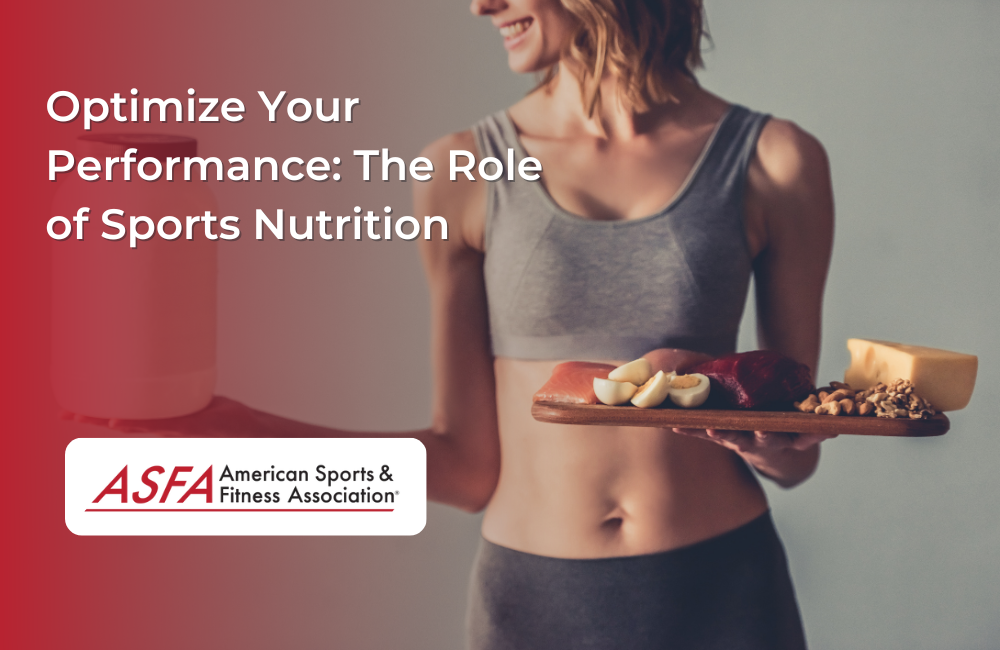The Importance of Fueling Your Body
While you may be aware of the importance of fueling your body before and after exercise, it's also important to fuel yourself during exercise. The right food can help keep your muscles working at their maximum potential, reduce muscle cramps and fatigue, improve performance, and even decrease recovery time between workouts.If you're exercising for more than two hours without eating anything else (like if you're running a marathon), or if your workout lasts longer than 2 hours but takes place over multiple sessions - like playing basketball all afternoon - then it's essential that you eat regularly throughout those long sessions so that the muscles have enough energy to keep going strong.It's equally important not to let hunger get in the way of doing what needs to be done! If hunger pangs strike while working out or playing sports hard for an extended period of time without eating anything substantial beforehand then there's no doubt about it: You'll be feeling sluggish soon enough unless something changes immediately!Weight Management
Weight management is an important part of a sports nutrition plan. It's not just about losing weight and looking good, though that can be a nice side effect. Weight management helps athletes perform better and recover from workouts faster, which can help prevent injury.Weight management means eating in a way that optimizes your body composition while supporting your performance goals. This may mean gaining or losing weight based on what's best for you as an athlete--and it might not always mean taking off pounds!The goal should be to find the right balance between food intake and energy expenditure so that you're neither overeating nor undereating (both of which are unhealthy).Hydration
You should be drinking water at all times. As much as you can, in fact. And if you're not drinking enough water, your performance will suffer.But what about sports drinks? What about electrolyte fluids? Are they necessary for optimal performance? Well... maybe! Sports drinks are great for people who are exercising intensely and sweating heavily--like runners or cyclists--because they contain a high concentration of carbohydrates that provide energy to working muscles during exercise. Electrolyte-replacement beverages also help maintain healthy blood volume levels during exercise by replacing sodium lost via sweat; however, these products have been shown to have no benefit over plain water when it comes to maintaining hydration status or preventing heat illness (Fluid balance during exercise: rehydrate with a sports drink or plain water?, Sports Medicine).The other thing I want to mention here is coffee--and tea too! Both beverages contain caffeine which acts as a diuretic (it makes you pee), so if you drink coffee before exercising then make sure not to overdo it because too much caffeine could result in dehydration due to increased urination. Milk is also good for hydration purposes since it contains electrolytes; however, keep in mind that milk should only be consumed after strenuous activity has ceased since consuming dairy products may cause stomach upset while exercising due to its lactose contentElectrolytes, Vitamins, and Minerals
Electrolytes are a group of minerals that include sodium, potassium, calcium, and magnesium. They're important for muscle function and help regulate your body's fluid balance. If you don't get enough electrolytes in your diet (which is easy to do if you're not eating enough fruits and vegetables), it can lead to muscle fatigue or cramping during exercise.Vitamins and minerals are essential for overall health; they help regulate processes such as metabolism and digestion. Without them, our bodies would not be able to function properly--and that includes our ability to perform well athletically! If athletes aren't getting enough vitamins/minerals from food sources like fruits & veggies or dairy products then they may need supplementation with a multivitamin product containing these nutrients specifically tailored towards athletes' needs (such as vegan options).Protein and Amino Acids
Protein is an essential macronutrient that your body needs to function properly. Proteins are made up of long chains of amino acids, which are the building blocks of proteins. There are 20 different types of amino acids that exist in nature, but 8 are considered "essential" because they cannot be synthesized by our bodies and must be obtained from food sources or supplements like protein powders.
Eggs are one example of how protein can help improve performance: Eggs contain all nine essential amino acids needed by the body so they make an excellent addition when trying out new recipes with complex proteins like quinoa or beans which may lack some nutrients needed by active people working out regularly.
Amino acids perform various functions in the body including:
- Muscle growth and repair (branched-chain amino acids)
- Energy metabolism (leucine)
- Brain health (tryptophan)
Sports nutrition is an important part of optimizing your performance.
Sports nutrition can help you recover from exercise and improve your performance by providing energy to muscles, reducing muscle damage and inflammation, maintaining body temperature and blood glucose levels, and replacing lost electrolytes.Sports nutrition can help you manage your weight by providing the right amount of calories for energy expenditure during exercise or competition. If used correctly in conjunction with an appropriate training plan (e.g., periodization), it can also help reduce body fat while maintaining lean mass over time.Conclusion
In closing, we hope that this article has given you the tools needed to optimize your performance. Whether you're an athlete or just someone who wants to stay in shape, sports nutrition will play an important role in helping you achieve your goals.




